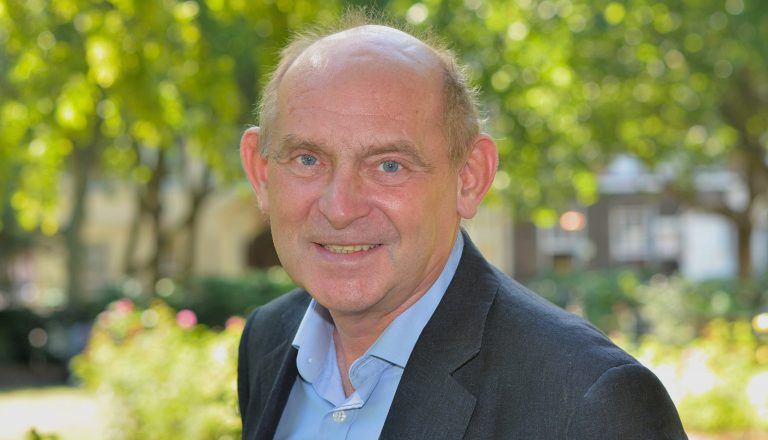Commenting on the statistics released yesterday by Public Health England on Children, teenagers and young adult cancer survival rates, Cliff O’Gorman, Children with Cancer UK’s Chief Executive Officer commented…
23 February 2021

Newsletter Signup x
These findings show the great progress that has been made in treating children with cancer and increasing the number of those surviving. This would not be achievable without the millions of pounds raised each year to help fund the critical and ground breaking research that is undertaken. While progress has been made in treating high prevalent cancers such as leukaemia and neuroblastoma, the outlook for many soft tissue and bone tumours as well as high risk brain tumours remains poor. The key to improvement is the development of personalised treatments based on the genetic changes in cancer cells – known as precision medicine. It is also clear that although outcomes for teenagers and young adults has improved it remains inferior to that of children suffering from the same disease. It is therefore imperative that the model of centralised expert diagnostics and care for teenagers and young adults is now underpinned by access to the modern, state of the art multinational treatment protocols that have proven so effective in children. While improving survival rates of the most prevalent cancers is something to celebrate, there are two key areas that future research must look at. Firstly, the hard to treat cancers where we have seen little improvement in survival rates, alongside dated treatments. The second area that we must focus future childhood cancer research on is the treatments themselves and ensuring they are less debilitating, reducing the possibility of long-term side effects. Children’s bodies and the cancer they fight are significantly different from adults and so we must look at alternative and more specialist forms of treatment. Research shows that a quarter of children suffer from decreased fertility or infertility in the future, while learning difficulties, mobility issues and heart or lung problems all appear regularly in childhood cancer survivors. Children have their whole lives ahead of them and it is important that we do everything possible to give them a bright future without suffering from the long-term impact of childhood cancer.